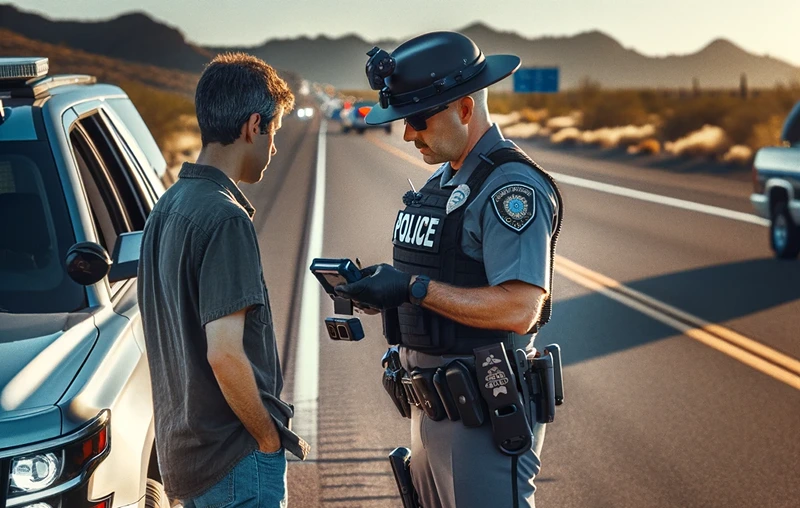
Investigative Article: The Admissibility of Police Body Camera Footage in DUI Cases
The Importance of Understanding the Admissibility of Bodycam Footage in DUI Cases
It is not uncommon for police officers to use body cameras to record interactions with individuals during traffic stops or arrests. However, the admissibility of body camera footage as evidence in a DUI case is not always guaranteed. Understanding the grounds upon which the footage may be challenged is essential for both the prosecution and the defense. This article will provide an investigative analysis of the admissibility of police body camera footage in DUI cases.
The Grounds for Challenging the Admissibility of Bodycam Footage
Several grounds exist under which the admissibility of body camera footage may be challenged in a DUI case. One such ground is the relevance of the footage. The footage must pertain directly to the DUI charges or the motor vehicle stop that led to those charges. If the footage is deemed irrelevant, it may not be admissible in court.
A second ground for challenging the footage is the manner in which it was obtained. Police officers must follow specific procedures when obtaining body camera footage. Failure to follow these procedures may result in the footage's inadmissibility. For example, officers must notify individuals when they are being filmed and must not tamper with the footage in any way.
Integrity is a third ground for challenging the admissibility of body camera footage. The footage's integrity must be beyond question. If there is any evidence that the footage has been tampered with or edited, it may be deemed inadmissible.
Another ground for challenging the admissibility of body camera footage in a DUI case is the lack of chain of custody. The chain of custody refers to the process of maintaining and tracking a piece of evidence from its initial collection through its presentation in court. If the chain of custody is broken or there are breaks in the continuity of the evidence's custody, the footage may not be admissible.
The Role of the Defense in Challenging the Admissibility of Bodycam Footage in DUI Cases
While the prosecution may introduce body camera footage as evidence in a DUI case, the defense has the right to challenge the footage's admissibility. The defense may argue that the footage is irrelevant, was obtained improperly, lacks integrity, or lacks a proper chain of custody. If the defense successfully challenges the footage's admissibility, it cannot be used as evidence during the trial.
The Role of the Prosecution in Establishing the Admissibility of Bodycam Footage in DUI Cases
The prosecution has a duty to establish the admissibility of body camera footage during a DUI trial. To establish the footage's admissibility, the prosecution must demonstrate that the footage is relevant to the case, was obtained legally, has integrity, and has a proper chain of custody. If the prosecution successfully establishes the admissibility of the footage, it may be presented as evidence during the trial.
The Impact of Bodycam Footage on DUI Cases
The admissibility of body camera footage can have a significant impact on the outcome of a DUI case. Footage that shows an individual's behavior during a traffic stop or arrest may influence a judge or jury's decision. However, in cases where the footage is deemed inadmissible, the prosecution may be unable to use it as evidence, potentially weakening their case.
The Future of Bodycam Footage in DUI Cases
Body camera footage is becoming increasingly common in DUI cases and may play an even more significant role in the future. However, challenges to the footage's admissibility are likely to continue. Future developments in technology may also impact the admissibility of body camera footage. For example, the development of deepfake technology could lead to concerns over the authenticity of the footage.
Conclusion
The admissibility of body camera footage in DUI cases is not automatic and can be challenged on several grounds. Both the defense and the prosecution play essential roles in determining the footage's admissibility. Understanding the grounds upon which the footage may be challenged is crucial for both parties. As such, the future of body camera footage in DUI cases remains an interesting area for investigation.
Admissibility of Police Body Camera Footage in DUI Cases



Social Plugin